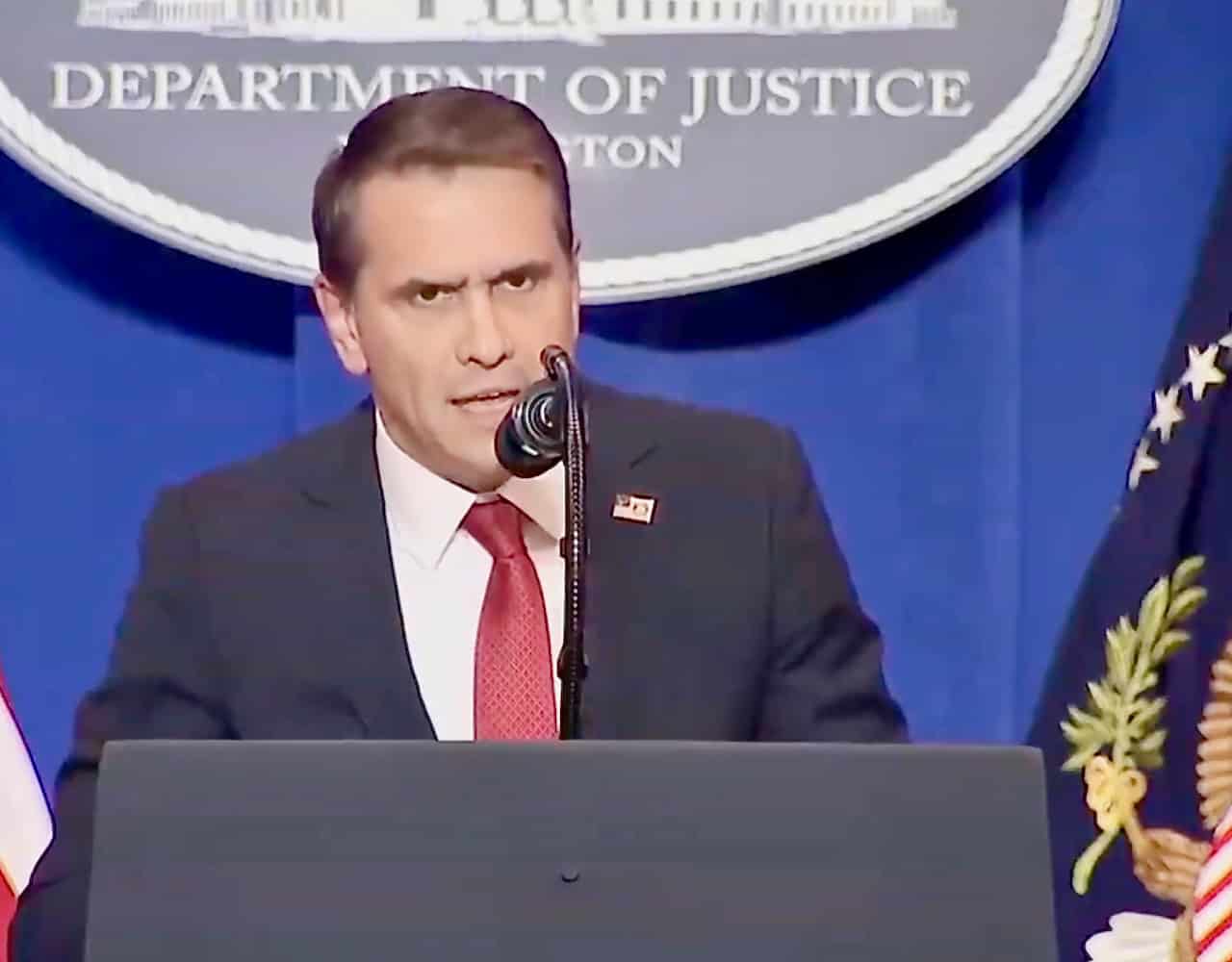Crypto Crackdown: DOJ Dismantles Specialized Enforcement Team in Surprising Pivot

In a surprising turn of events, the National Cryptocurrency Enforcement Unit (NCET), a specialized division within the US Department of Justice, appears to be disbanding. According to a report by Fortune, a confidential memo reveals that Deputy Attorney General Todd Blanche has decided to dissolve the unit, asserting that the DOJ's role is not primarily to regulate digital assets.
Originally established in February 2022, the NCET was created to combat the rising tide of illegal activities in the cryptocurrency landscape. Under the leadership of Eun Young Choi, the unit aimed to address the complex challenges posed by digital currency-related crimes.
The decision to shut down the NCET signals a potential shift in the government's approach to cryptocurrency enforcement. While the reasons behind the dissolution remain unclear, it suggests that the DOJ may be reevaluating its strategy for managing digital asset-related legal challenges.
This development comes at a time of increasing scrutiny and regulatory uncertainty in the cryptocurrency sector, leaving many to wonder about the future of digital asset oversight and enforcement.
